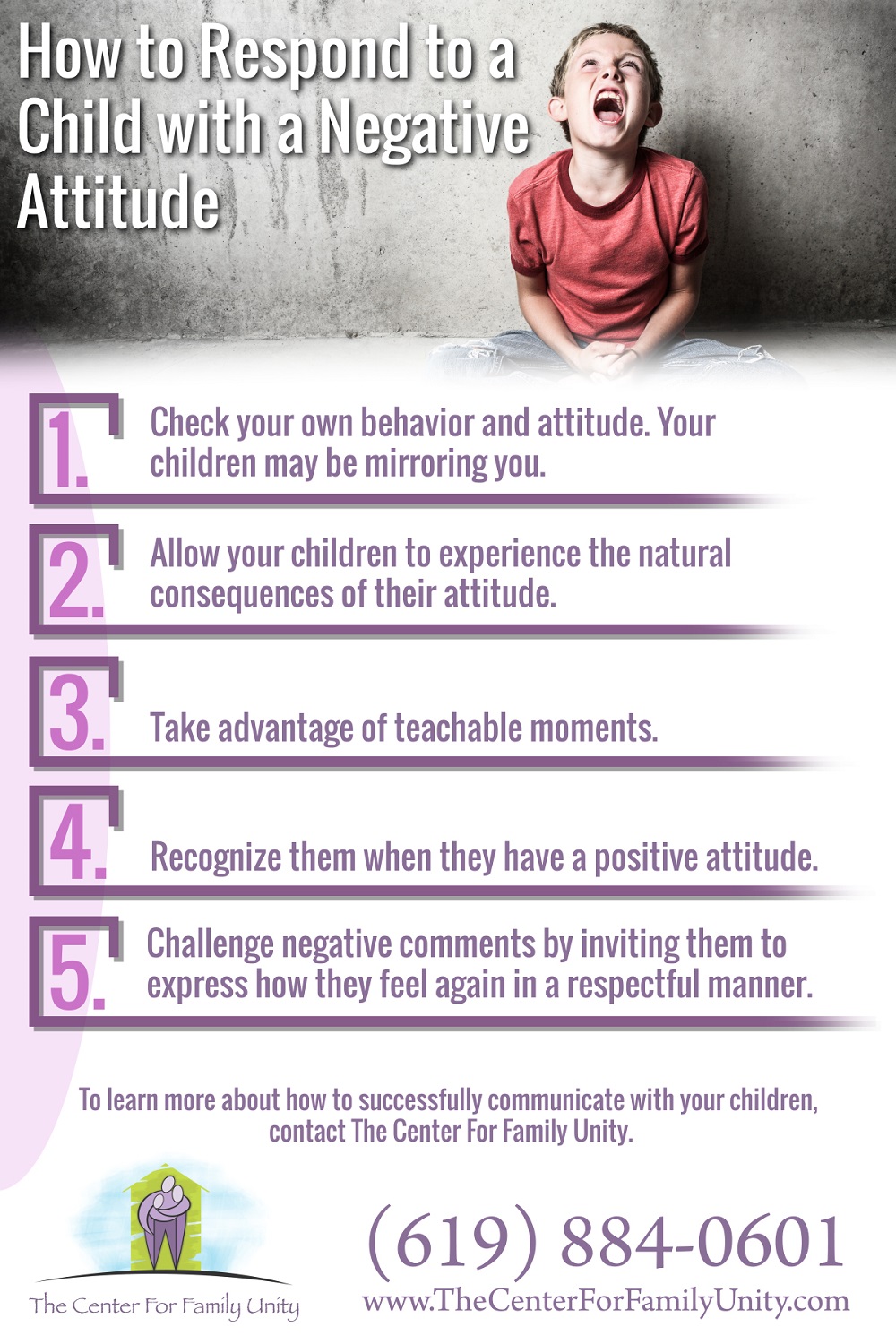by admin | Aug 9, 2015 | Uncategorized
To be a good parent demands untold commitment and requires that you make countless decisions every day—about babysitters, schools, friends, bedtime and homework routines. It’s not a glamorous job, but it promises the greatest reward one could ever ask for: a child’s love and a way to share God’s love with your child and, as a result, with the world.
But when separation, divorce or remarriage occurs, parenting becomes co-parenting, and what is already a tough job can seem unbearable. Everything is more complicated and you are likely, at times, to feel overwhelmed and exhausted. Co-parenting can be a breeding ground for hostility and conflict. Feelings of anger, sadness and bitterness can be intense.
With all the extra juggling, it’s easy to forget that, at these times, children’s needs intensify. They have been robbed of security and stability, their loyalty is being tested, and they are often bewildered, frightened and distressed.
Studies show that there are no formulas. Specific arrangements do not guarantee success. What does work is for children to have:
- Parents who are not in a state of conflict. Remember the rule: not within earshot. Your co-parent may call and say, “Can you pick up the kids from school tomorrow? I know it’s my turn but I have to work late.” However infuriating that is, don’t shout “NO” in front of the children and hang up. Resolve conflicts away from children and without involving them. Children know more than we usually realize, and they are sensitive to hostility.
- Good relations with both parents. If your children come back from a weekend with their co-parent looking upset and telling you how mean the co-parent is, resist the urge to make negative statements. Instead, take time to seek information. Talk to the co-parent: “The kids seemed upset yesterday. Can you tell me what happened?” If the problem is chronic, try facilitating a family meeting where everyone is encouraged to work through issues. On special occasions, foster thoughtfulness by helping your child make a card for his or her co-parent.
- Stability in the home(s). A stable home life is your child’s lifeline. Develop routines and consistency. Make sure you and your co-parent agree about chores, rewards and discipline. Pledge to never threaten or direct your frustration at the children. Know that creating peaceful and compatible homes decreases stress for everyone and provides children with a protective cushion.

The golden rule of co-parenting is this: let your children’s well-being be your guiding light. Children are resilient and can flourish in a co-parenting arrangement. It can be hard work that demands constant communication, but your children are the beneficiaries. They learn that conflicts can be resolved, and they feel loved and cherished. Those are the best gifts you could ever give to your children.
Proverbs 3:5-6 “Trust in the LORD with all your heart, and lean not on your own understanding; in all your ways acknowledge Him, and He shall direct your paths.”
If you need help with drawing the line on family drama, contact a counselor at www.TheCenterforFamilyUnity.com. We specialize in Christian Family Counseling. (619)884-0601
by admin | Aug 9, 2015 | Uncategorized
Stress is a natural and normal “by-product” of every family’s life. In fact, family stress can bring out the best of us: as we stretch to meet the challenges we face, we become better parents, our children blossom and our families grow. But too much stress can spiral our families in the other direction. Take this Thriving test to see how your family fares.
Answer True or False for each of the following statements.
Set 1
- There is a lot of bickering in our house. Someone is always angry at someone else.
- There’s never enough time to sit down together, either to talk or to eat. There’s always too much to do.
- My spouse and I argue a lot about how to raise the children.
- It’s like pulling teeth to get the kids to help around the house.
- Our family has experienced a lot of significant change recently (divorce, death, blending family, job loss, illness, other trauma).
- Money is very tight. My partner and I have constant conflicts about how to spend it.
- My child has been having behavioral problems at school.
- The children get upset when they hear us arguing.
- I work too much, and it’s really getting to me.
- We don’t really talk about hard issues; we just try to hold our breath, wait and let them go away.

Set 2
- We acknowledge feelings, encourage their expression and allow time for dealing with the issues these feelings raise.
- We plan time for family activities. We eat together at least once every day.
- If a blended family, we maintain and nurture original parent-child relationships and let new relationships develop in their own time.
- I feel confident in my role as parent.
- Our family easily maintains a sense of humor and playfulness.
- Family priorities take precedence over work.
- I know what’s important to my kids.
- When issues arise that we get stuck on, we ask for help from other family members, support groups, community-based programs, clergy and/or a therapist.
- We have enough money for the important things.
- Everyone in the family has responsibilities around the house and does them without being nagged.
If you answered true more often in the first set than in the second set, you may want to seek help lowering the stress level of your family.
Families that communicate about problems, face issues as they arise, support one another and seek help when it is needed, can build strong bonds among themselves, nurture a healthy and loving family and have a lot more fun doing it! If you need family counseling in San Diego, contact The Center For Family Unity today. www.thecenterforfamilyunity.com (619)884-0601
by admin | Aug 9, 2015 | Uncategorized

Top Ten Ways to Handle Tense Family Gatherings
- Make a pro-and-con list. Clear your head, find a calm moment and decide whether it is best for you to go.
2. Consider smaller portions. If you know attending may cause high stress levels, plan to visit only for appetizers or dessert.
3. Educate yourself. Seek information on the issues or dynamics that tend to come up in your family.
4. Dig deeper. How do you contribute to the tension? Can you adjust your understanding of other points of view?
5. Seek to understand. Get to the heart of things by asking questions in a relaxed, open, non-defensive way. Read Sharon Ellison’s Taking the War Out of Our Words or Non-Violent Communication by Marshall Rosenberg.
6. Be prepared. Holiday-related emotions may arrive early. Recognizing the source can help you deal with them more effectively.
7. Take care of yourself. If the atmosphere isn’t safe, leave. Gather with friends, do volunteer work or pamper yourself.
8. Call a friend. Debrief after the visit with someone you trust. Hopefully this is your spouse.
9. Be patient. Real change—in you and in your family—takes time.
10. Be gracious. Aim for maturity and compassion in dealing with family situations.
If you need help, support and guidance with family therapy in San Diego please contact the counselors at The Center for Family Unity. www.TheCenterforFamilyUnity.com (619)884-0601
by admin | Jul 9, 2015 | Uncategorized

7 Ways to Simplify Your Life:
1) Get a clear idea of what you want your life to look like.
2) Let go of projects, roles or obligations that take up too much time.
3) Say no to what you don’t want in your life. Say yes to what you do want.
4) Schedule time for rest and relaxation and make it a non-negotiable appointment.
5) Run all of your errands and chores in one day so the rest of your week is free.
6) Create space. If you’re not using something now, file it, toss it, give it away, sell it or trade it.
7) Ask for and accept help. Delegate chores. Hire help whenever possible.
Need more help simplifying your life? Make an appointment with a therapist at The Center for Family Unity to learn how to focus on your real priorities. Call us at (619)884-0601 or visit www.TheCenterForFamilyUnity.com
by admin | Jul 9, 2015 | Uncategorized
Hot shot kid in a too-fast car cut you off this morning; it’s noon and you’re still seething?
Clerk at the grocery store wouldn’t let you in his express line because the guy behind you ratted on your 11th item?
Husband had an affair 15 years ago and even though you’ve been divorced for seven, your stomach still knots up when you think about it?
You moved to a new city for a great career opportunity but long so much for your old home and your old friends that you can’t find anything to like about the new place?
Your son stays home to care for the kids while your daughter-in-law works at her law practice and this just doesn’t seem right to you?
You know you should let it all go, and you try, but there it is—that same old stuff still getting rent-free space in your head.
Just exactly how does one let go, so that the residue of the past is put away, forgotten, or transformed into memories that can be called upon at will, rather than those that show up like telephone solicitors at dinnertime and demand attention?
Letting go has to do with living in the present moment rather than the past. It happens when the past isn’t projected into the future, but is left behind where it belongs. It’s about making amends when called for, taking care of things that need attending to, forgiving rather than re-living. It has to do with receiving God’s unconditional love as the answer to our deepest emotional needs. The Center for Family Unity offers Christian counseling with a firm foundation to help you grow and change.

Try this:
- Next time a thought about something that happened in the past floats into your mind, let it pass through without jumping aboard and going along for the ride. If you focus on it, the thought will grow into an obsession. Try acknowledging the thought, then, with a deep breath, letting it go into the hands of God.
- If the thought that comes along is about something that’s left undone, you may need to take some action before you can let go. Do you need to make amends with someone, clear up some misunderstanding, write a letter or make a phone call? Perhaps you need to make a list of the actions needed to resolve a situation, and set some goals. Begin with a small, manageable step, but, whatever you must do, begin. Taking action sometimes precedes letting go.
- Stay in the now and appreciate the circumstances of your life. Make a gratitude list of what you like about wherever you are; not just your living arrangements, but other parts of your life, too. Get rid of what is no longer appropriate in your life, and create more space for more of the gifts that God has given you to show up.
- Write letters that you may or may not send to people you need to release. (Caution: always wait a few days and check with someone you trust if you have any doubts about the appropriateness of actually sending a letter.) Write unsent letters to situations from your past or to people, even those who have passed away. Write what you feel, say what you need, and say goodbye.
- Let go by putting away pictures, memorabilia, clothes, gifts and anything else that keeps you actively connected with someone who’s no longer with you and whose presence you keep alive when it would be more beneficial to move on.
- Make a ceremony of letting go. Burn old letters or journals. Dig a hole in the earth and bury what needs to be buried. Write a letter or vow for the occasion, read it aloud. Light candles, sing songs. And weep, if need be. Include others in your ceremony to witness or assist you.
- Let go of old ideas. People, lifestyles and cultures change. Talk to others, get other perspectives. Focus on what’s good about change, find the ways it benefits you and others. Holding on to how it used to be keeps you from participating in the present.
- Release thoughts and words that categorize people, that measure or evaluate or that judge or condemn or hold others with expectations. Eliminate words like should, ought, can’t, if only, however and impossible.
The authors of Love is a Choice: The Definitive Book on Letting Go of Unhealthy Relationships show us the important stage of seeing God’s unconditional love as the answer to your deepest emotional needs and your hunger for love.
For more information on letting go of the past or for help processing through painful memories, contact The Center For Family Unity in San Diego. Call us at (619)884-0601 or visit www.TheCenterForFamilyUnity.com
by admin | Jun 15, 2015 | Uncategorized

Negative attitudes can be hard to deal with, especially when they’re coming from your own child. We’ve got some ways to help you cope with your child’s behavior.
- Check your own behavior and attitude. Your children may be mirroring you.
- Allow your children to experience the natural consequences of their attitude.
- Take advantage of teachable moments.
- Recognize them when they have a positive attitude.
- Challenge negative comments by inviting them to express how they feel again in a respectful manner.
To learn more about how to successfully communicate with your children, contact The Center For Family Unity.














